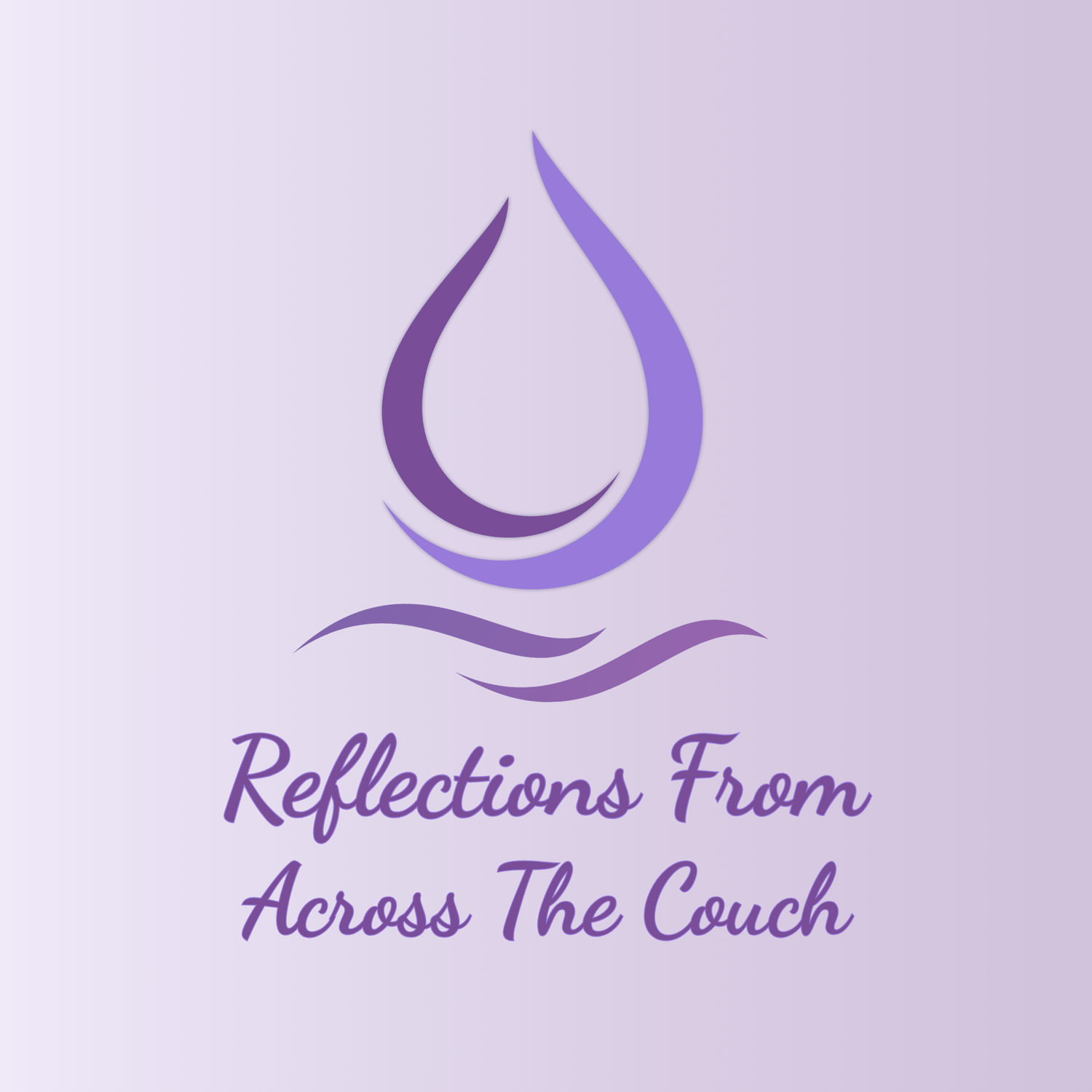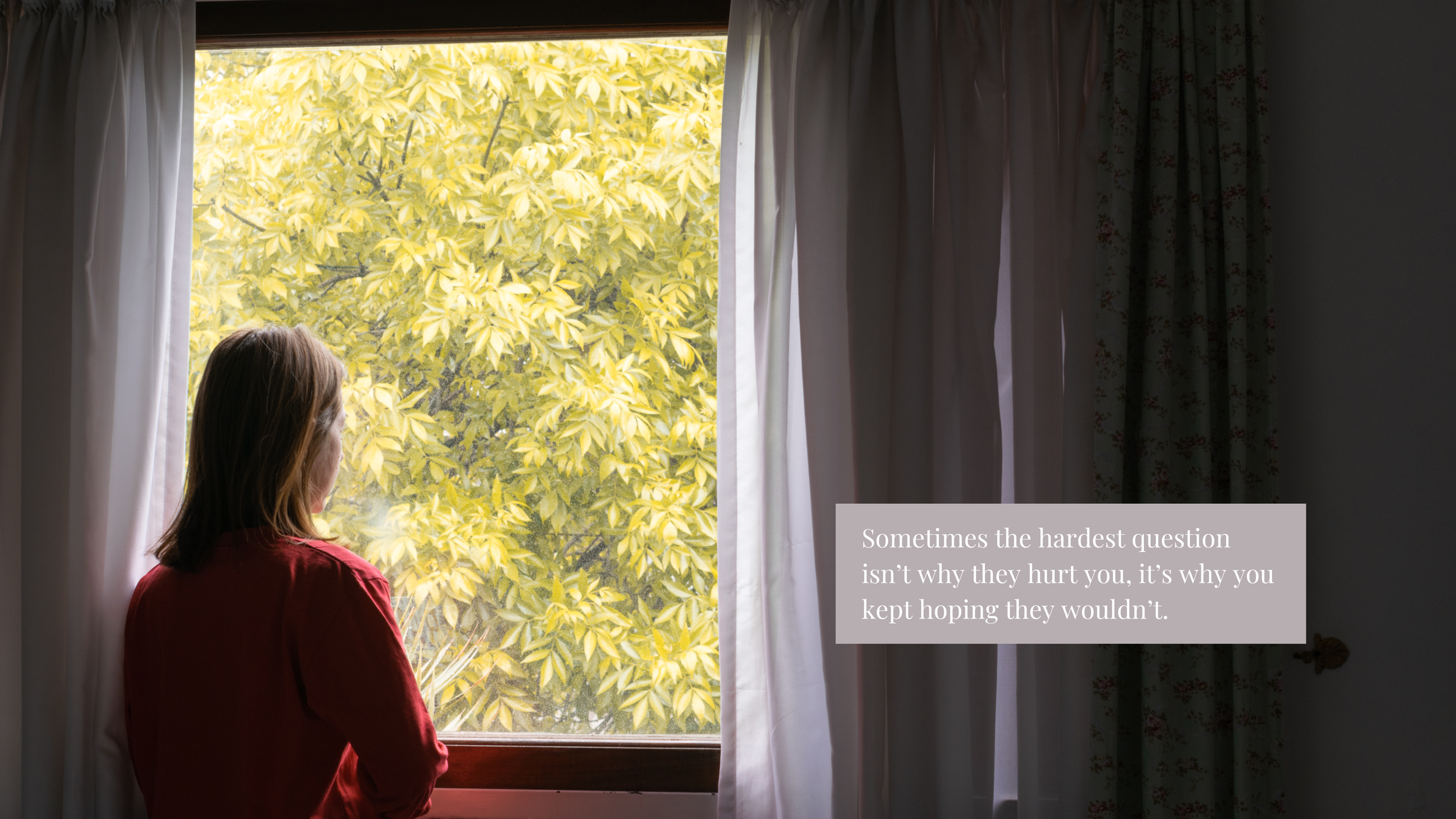5 “Why” Questions That Can Change the Way You See Your Relationships
Have you ever wondered why you keep getting stuck in the same kinds of relationships—even when you know they’re not right for you?
Maybe you're drawn to emotionally unavailable partners. Maybe you're still hung up on someone who hurt you. Or maybe you find yourself blaming yourself when things fall apart, even when deep down you know it wasn’t all your fault.
If this sounds familiar, you’re not alone.
Relationship patterns run deep—often rooted in early experiences that shaped our beliefs about love, trust, and worth. Read more here.
But if you’re ready to break old toxic cycles and start seeing your relationships through a new lens, one of the most powerful tools you can use is this:
Start asking better “why” questions.
Not the kind that sends you spiraling (“Why can’t I get over them?” or “Why do I always ruin things?”), but deeper, more compassionate questions that open the door to real insight and intentional living. The questions that not only have to be asked - but answered.
Here are five “why” questions that can help you understand yourself—and your relationships—in a more empowering, healing way.
1. Why Do I Blame Myself When a Relationship Doesn’t Work Out?
If you tend to carry the emotional weight of a relationship—overanalyzing your role, apologizing too much, trying to fix things that weren’t yours to fix, or being the consistent people pleaser—this question is for you.
If you were raised in emotionally chaotic or neglectful environments (especially by narcissistic or self-involved parents), you most likely grew up feeling responsible for keeping the peace.
As a child, you learned that love might be earned by being useful, agreeable, or emotionally attuned to others. There is a ‘price’ to get the love you want and need.
So when a relationship ends, you don’t just grieve—you self-blame, you turn in, and convince yourself you did something wrong.
But here’s the truth: not all relationship endings are failures. And they’re rarely just one person’s fault.
Sometimes, the deeper healing begins with letting go of the role of the emotional caretaker that you carried for so long. It means letting go of a role that no longer suits you. It means letting go of an unhealthy role and creating one that is healthier.
2. Why Am I Drawn to Emotionally Unavailable or ‘Exciting’ People?
You know the feeling—that magnetic pull toward someone who’s hot and cold, mysterious, or just slightly out of reach. The connection feels intense, maybe even addictive. But it rarely leads to long-term fulfillment.
Intensity doesn’t mean stability. In fact, it means quite the opposite. And that’s not random.
If you were raised in a home where love felt inconsistent, conditional, or unpredictable, you may have developed a subconscious blueprint that associates emotional intensity with love.
You’re not actually seeking drama—you’re seeking familiarity. And when healthy love finally shows up (the calm, consistent, reciprocal kind), it might feel... well boring. This is a good thing.
The key is to start asking yourself: Is this chemistry—or is this chaos dressed up as connection? You probably know the answer to that.
3. Why Does It Feel So Hard to Let Go, Even When I Know It Wasn’t Healthy?
It’s confusing: you know the relationship wasn’t good for you, and yet you can’t stop thinking about them. You replay the good moments, question your choices, and maybe even romanticize what could have been.
This often happens when we’re not just grieving the relationship—we’re grieving unmet needs, hopes, or the version of ourselves we were trying to become through the relationship.
You may also be holding onto a fantasy bond—a psychological illusion of closeness that gave you temporary relief from deeper emotional pain.
Letting go isn’t just about the person. It’s about releasing the hope that this would finally be the thing that heals you. Did you fall in love with the fantasy? The potential but not the person?
4. Why Do I Equate Love With Proving My Worth?
Do you feel like you have to perform in relationships—to be interesting, successful, attractive, or endlessly helpful—to be loved? If so, it’s a terrible feeling and one that never goes away - unless you do the work.
If so, you may be operating from a belief that love must be earned through perfection, productivity, or sacrifice.
This often starts in childhood, especially in families where emotional needs were unmet or dismissed. You may have internalized the idea that you’re only lovable when you’re giving something—your time, your energy, your body, your emotional labor..your something..so you continue to settle.
Real love, though, is not a transaction. It’s not about earning your place. It’s about showing up as your whole, imperfect self and trusting that it’s enough. It’s about being accepted for who you are.
5. Why Do I Struggle to Believe I Deserve Healthy, Lasting Love?
This is the question beneath all the others. If love has always felt conditional, inconsistent, or emotionally unsafe, then it makes sense that healthy love feels foreign—or even suspicious.
As a result, you might find yourself pushing away good partners, sabotaging connection, or clinging to what hurts simply because it feels familiar.
But here’s the truth: you were never “too much” or “not enough.” You just learned to survive in environments that didn’t teach you what secure love feels like.
Healing begins when you start to believe that you deserve care, reciprocity, and emotional safety—not just sometimes, but always.
Final Thoughts: You’re Not Broken—You’re Becoming Aware
These “why” questions aren’t about blaming yourself. It’s about getting curious with compassion - about yourself and how and why you landed here.
It’s about giving yourself the time and energy to start pulling back the curtain on unconscious patterns so you can start to build relationships that actually nourish you.
Because here’s what I want you to know: You don’t have to keep repeating the same story. You get to rewrite it.


